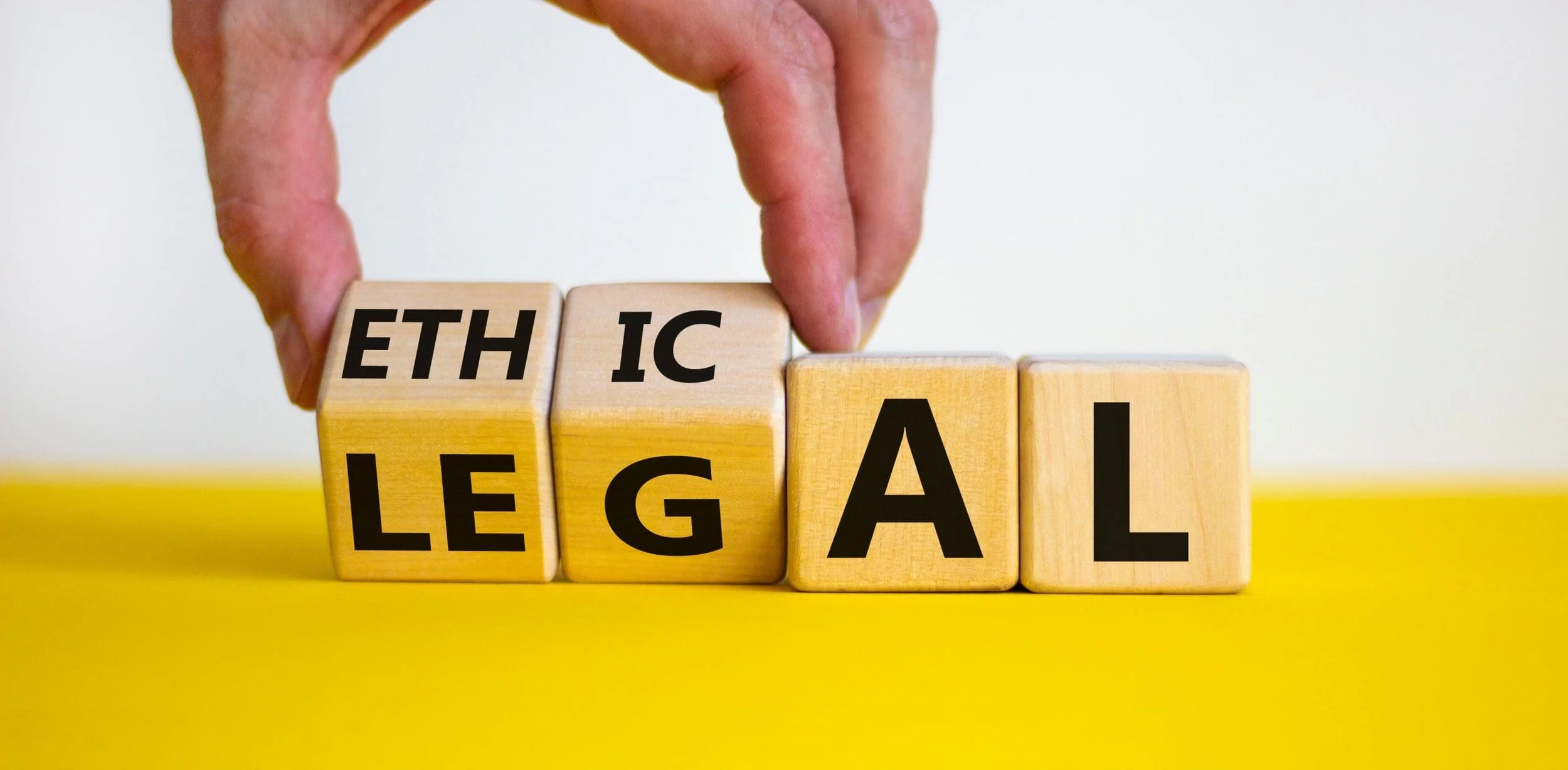Freeport’s Ethics Law – What You Need to Know About Chapter 218
May 08, 2025
In a town where transparency matters more than ever, Freeport’s own Officials and Employees Ethics Act — better known as Chapter 218 — is quietly laying the groundwork for cleaner, more accountable local government. But how many residents actually know what’s in it?
Fighting4Freeport believes the people of Freeport deserve to know exactly what safeguards exist to prevent corruption, favoritism, and abuse of power in City Hall. Here's what Chapter 218 lays out, in plain language:
Politics at Work? Not Here.
Section 218.02 strictly bans city officials and employees from engaging in political activities while on the clock or using city resources. That includes campaigning, fundraising, distributing political literature, or even organizing political rallies — all off-limits during compensated time.
Even more importantly, no one in city government is allowed to force or pressure others into political work as part of their job. Violating these rules isn’t just unethical — it’s illegal.
The Gift Ban: No Favors, No Strings Attached
Section 218.03 makes it clear: No gifts from people doing business with the city. Whether it’s a lavish dinner or a suspiciously “friendly” donation, gifts from a “prohibited source” — someone seeking city contracts, favorable regulation, or official action — are not allowed.
The law allows common-sense exceptions, like gifts from relatives or food under $75, but the intent is simple: City employees work for the people, not for lobbyists, vendors, or campaign donors.
Ethics Oversight: Not Just a Concept
To enforce these rules, Freeport has established two key mechanisms:
An Ethics Advisor (Section 218.04), appointed by the Mayor and City Council, who offers guidance on ethical conduct.
An Ethics Commission (Section 218.05), made up of five citizens — not related to any elected officials — who investigate complaints, conduct hearings, and can even refer serious violations for prosecution.
This Commission has real power: it can compel testimony, subpoena documents, and recommend disciplinary action or fines for misconduct.
What Happens If Someone Breaks the Rules?
Section 218.99 prescribes penalties for violations. These may include fines or referral to legal authorities. Complaints must be in writing, notarized, and reviewed in a structured process that protects both the public and the accused.
Why This Matters
Chapter 218 isn’t just legalese tucked away in a dusty book — it’s a framework for ethical government. It’s how we ensure our officials work for us, not for personal gain, political favors, or powerful friends.
At a time when public trust is fragile and public service must rise above suspicion, Chapter 218 is Freeport’s promise to its residents: integrity comes first.
Fighting4Freeport is committed to informing residents and holding government accountable. Have concerns about ethics in Freeport government? Contact the Ethics Commission or submit your tip to Fighting4Freeport anonymously.







